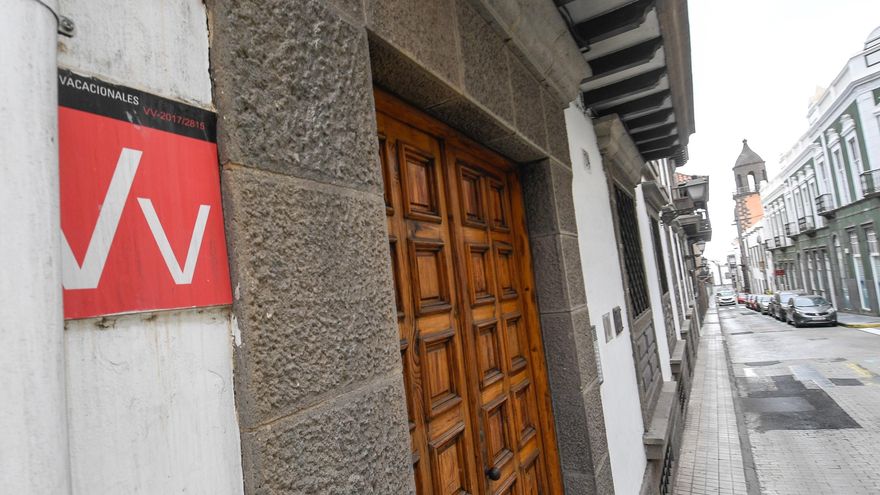A New Chapter for Tourism in the Canary Islands
In a significant move for the archipelago’s tourism sector, the Canary Islands Government’s Ministry of Tourism and Employment, in collaboration with Airbnb, has purged its platform of tourist accommodations that failed to comply with current regulations. This initiative has led to the removal of over ten thousand listings for blatantly irregular lodgings, including camping tents and campervans.
Cracking Down on Rooftop Tents and Illegal Campers
“What made headlines a year ago, such as tents on rooftops, mini-campsites in commercial premises, or converted vans, is no longer present on Airbnb and will soon be absent from other platforms with which we continue to dialogue,” stated the Minister of Tourism and Employment, Jéssica de León. This clean-up represents a proactive effort to tackle the most visible forms of unregulated tourism that have concerned local residents.
A Commitment to Sustainable Growth
Sara Rodríguez, Director of Public Policy for Spain and Portugal at Airbnb Marketing Services, emphasized that “this is a new chapter for Airbnb in the Canary Islands, defined by a proactive commitment to collaboration, quality, and a long-term vision for sustainable growth.” Over recent months, the platform has notified all its hosts in the Canaries of their obligation to register and has worked intensively to guide its community through regular notifications, reminders, and additional resources.
Next Steps and Regulatory Challenges
This joint effort was completed ahead of the new European Union regulation on short-term rentals and sanctioning procedures coming into force. The next phase of the process will focus on properties lacking both regional and state registration.
“Although the single-window decree represents a useful tool, we still lack complete information from the Property Registry about the owners and the specific reasons for irregularity,” noted Minister De León. “While Airbnb has shown a willingness to collaborate, the effectiveness of the decree will depend on active cooperation and data sharing between administrations and marketing platforms.”
From Platform Removal to On-the-Ground Enforcement
The government is keen to understand why certain accommodations have not obtained their short-term rental registration number. “In some cases, the issues can be rectified and may not lead to a penalty; in others, we are dealing with clearly illegal facilities that must be removed or shut down,” De León highlighted.
This is not a one-off event but a multi-stage process. The strategy will evolve from removing illegal listings online to direct on-the-ground intervention through inspection, fines, and the closure of irregular establishments.
A Roadmap for Sustainable Tourism
The Canary Islands Government has a defined roadmap that includes legislative measures, such as the draft Law for the Sustainable Management of the Tourist Use of Housing, which is currently being processed in the regional parliament. This is supported by inspection and control actions at the regional, island council, and municipal levels, alongside ongoing collaboration with digital platforms to ensure regulatory compliance.
Miguel Ángel Rodríguez, the General Director of Tourism Planning, Training, and Promotion, stressed that the future approval of this bill will enable more comprehensive inspection and surveillance plans, with the collaboration of the Regional Police and property registries.
The Ultimate Goal: Balance and Sustainability
“The objective is clear: to seriously address a problem that has affected the balance of the Canary Islands’ tourism model,” stated Rodríguez. “Short-term measures are already taking effect, medium-term measures will consolidate the process, and the ultimate goal is to build an effective and sustainable public policy for the long term.”
He concluded by underscoring the fundamental importance of ensuring compliance with the law in the tourism sector as an essential element for community coexistence, the quality of life for residents, and long-term economic and social sustainability. “Legal compliance is not a whim; it is the foundation of coexistence, prosperity, and the sustainability of our land.”

